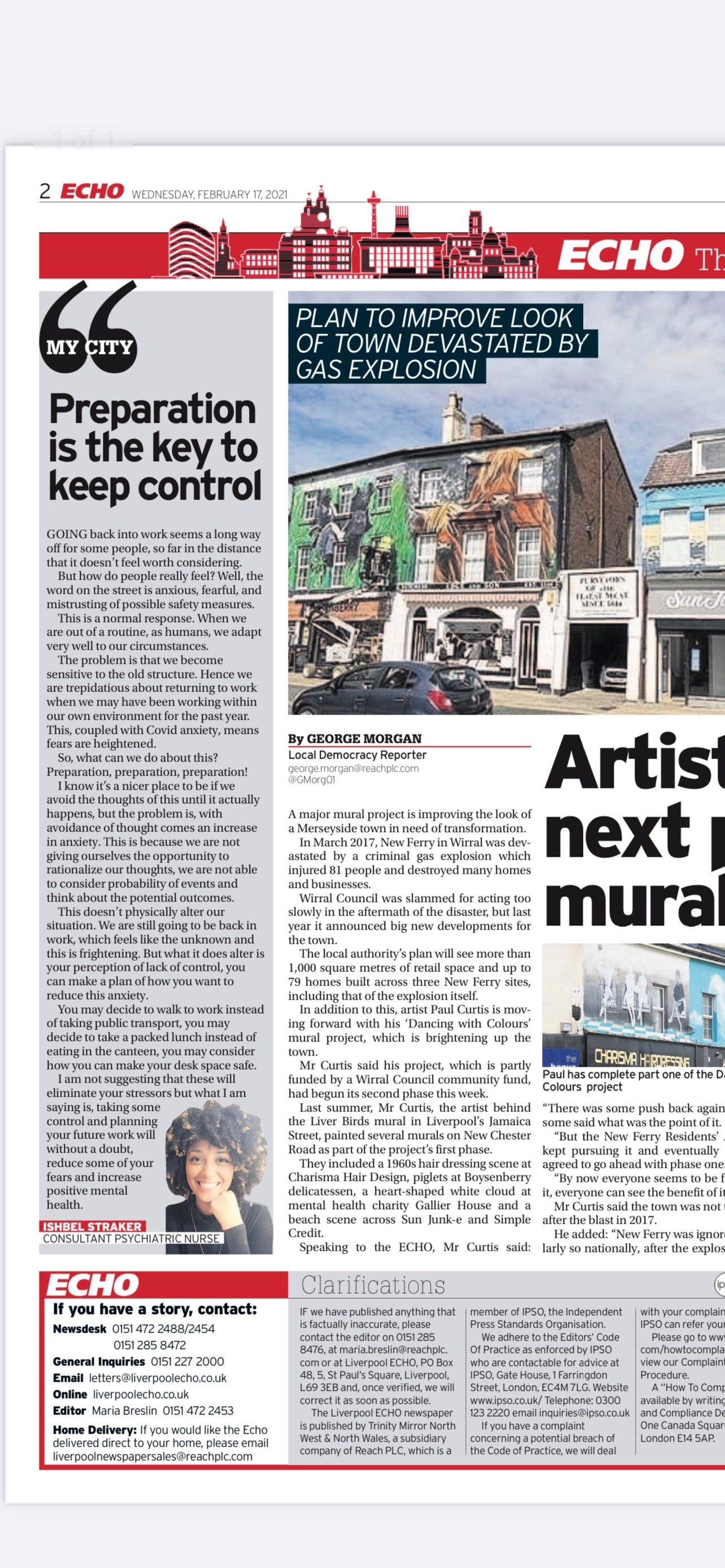




What is CBT?
Cognitive behavioural therapy is a psycho-social intervention that aims to improve mental health. CBT focuses on challenging and changing cognitive distortions and behaviours, improving emotional regulation, and the development of personal coping strategies that target solving current problems.
CBT is a type of talking treatment which focuses on how your thoughts, beliefs and attitudes affect your feelings and behaviour, and teaches you coping skills for dealing with different problems.
CBT places an emphasis on helping individuals learn to be their own therapists. Through exercises in the session as well as “homework” exercises outside of sessions, patients/clients are helped to develop coping skills, whereby they can learn to change their own thinking, problematic emotions and behaviour.
How does CBT work?
CBT works on the basis that the way we think and interpret life’s events affects how we behave and, ultimately, how we feel. Studies have shown that it is useful in many situations.
More specifically, CBT is a problem-specific, goal-oriented approach that needs the individual’s active involvement to succeed. It focuses on their present-day challenges, thoughts, and behaviours.
It is also time-limited, meaning the person knows when a course will end, and they have some idea what to expect. Often, a course will consist of 20 one-to-one sessions, but this is not always the case.
Does CBT work for everyone?
Cognitive behavioural therapy (CBT) can be as effective as medicine in treating some mental health problems, but it may not be successful or suitable for everyone.
Although many people can benefit from CBT, not everyone finds it helpful. You might find that it just doesn't suit you or doesn't meet your needs.
How can I Straker Consultants help you?
I Straker Consultants employ therapists that specialise in Cognitive behavioural therapy (CBT). We offer a bespoke and tailored service for each and every client we see, which starts with a 10-minute free consultation. If you are looking for private CBT treatment in Liverpool, then you can either utilise video/ telephone call sessions or visit us at our office. To find out if private Cognitive behavioural therapy is right for you, please contact us now.










